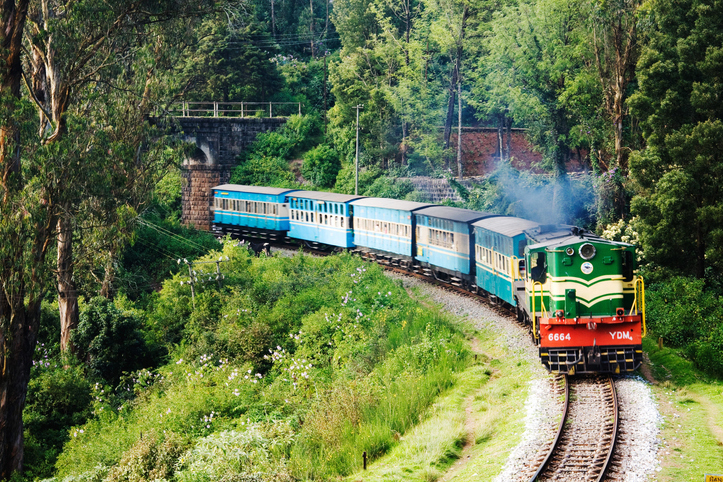The Union Cabinet on Wednesday approved the doubling of the Tirupati-Pakala-Katpadi single railway line (104 km) in Andhra Pradesh and Tamil Nadu, with a total investment of approximately Rs. 1,332 crore. This project aims to enhance connectivity, improve mobility, and promote sustainable development in the region.
The project will significantly increase the line’s capacity, improving the efficiency and reliability of Indian Railways. By easing congestion and supporting smoother operations, the multi-tracking initiative will address infrastructural needs on one of the busiest railway sections in India.
The project is expected to create a more self-reliant region, offering greater employment and self-employment opportunities. The expansion is part of the PM-Gati Shakti National Master Plan for multi-modal connectivity, which focuses on integrated planning and aims to improve the movement of people, goods, and services across the country.
The project spans three districts in Andhra Pradesh and Tamil Nadu and will extend the Indian Railways network by approximately 113 kilometers. The enhanced connectivity will benefit both religious and tourist traffic, as the line connects Tirupati, home to the famous Tirumala Venkateswara Temple, which attracts around 75,000 pilgrims daily, with a footfall of up to 1.5 lakh on special occasions. The line also provides access to other significant destinations, including Sri Kalahasti Shiva Temple, Kanipakam Vinayaka Temple, and Chandragiri Fort.
The multi-tracking initiative will improve access to around 400 villages and serve a population of approximately 14 lakh people, enhancing transportation and trade opportunities for the local communities. Additionally, the upgraded route will play a critical role in the transport of key commodities such as coal, agricultural products, cement, and minerals.
As part of the capacity expansion, the project is expected to facilitate an additional freight traffic of 4 million tonnes per annum (MTPA). Given that railways are a more energy-efficient and environmentally friendly mode of transport, the project will also contribute to India’s climate goals by reducing oil imports by 4 crore litres and lowering CO2 emissions by 20 crore kilograms annually. This reduction in emissions is equivalent to planting one crore trees, further supporting the country’s environmental objectives.
The construction phase of the project will generate significant employment, creating approximately 35 lakh human-days of work. Once completed, the project will not only strengthen India’s rail infrastructure but also provide a lasting impact on the regional economy and support the government’s efforts toward sustainable development.




















